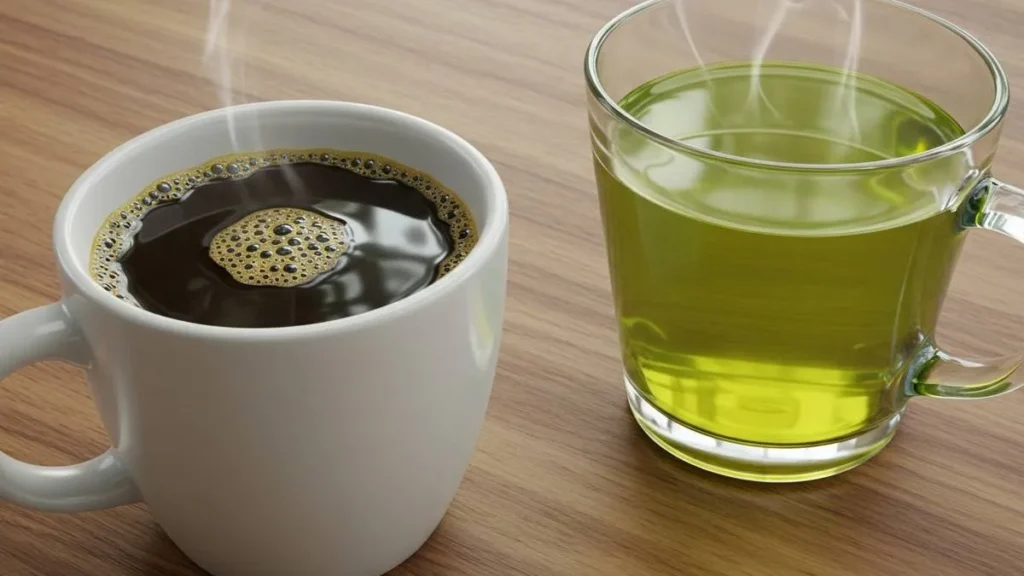Coffee or tea? Harvard analyzes the world’s two most consumed beverages and reveals how they affect energy, the heart, and digestion.
When it comes to choosing between coffee and tea, millions of people around the world debate between the two options to start their day. Beyond taste, these beverages conceal properties that science has studied for decades.
According to Dr. Howard E. LeWine, medical editor-in-chief of Harvard Health Publishing, both can be considered healthy, although they have different effects on the body.
The main reason is caffeine, a natural stimulant present in both products. Consumed in moderation, caffeine improves concentration, increases alertness, and enhances physical performance. According to Harvard, this compound activates the adrenal glands, which increases metabolic energy and helps combat fatigue.
Coffee, with a higher concentration of caffeine than tea, is often the beverage of choice for those seeking an immediate energy boost.
Various studies suggest that moderate consumption could reduce the risk of developing diseases such as Parkinson’s and type 2 diabetes. However, overindulging also has a cost: anxiety, insomnia, and nervousness can be some of the consequences.
Tea, on the other hand, stands out for its antioxidants. Green tea, in particular rich in catechins, which protect cells from oxidative damage and are associated with a lower incidence of chronic conditions. Since it contains less caffeine than coffee, it is a milder alternative for those sensitive to stimulants. Furthermore, frequent consumption is associated with cardiovascular benefits, such as lower blood pressure and improved heart health.
Both beverages also impact digestion. Coffee stimulates intestinal transit, which can help prevent constipation. Tea, especially its herbal forms, soothes ailments such as bloating and stomach pain.
The way these infusions are prepared also influences their nutritional value. A black coffee without sugar is different from one loaded with cream and sweeteners, just as a pure tea offers more benefits than one with milk and added sugars.
In conclusion, neither coffee nor tea is absolutely superior. The choice depends on each person’s lifestyle and body’s response. If you’re looking for quick energy, coffee is ideal; if you prefer an antioxidant and more relaxing beverage, tea is the alternative. Harvard emphasizes that the key is to enjoy them in moderation as part of a balanced diet.

